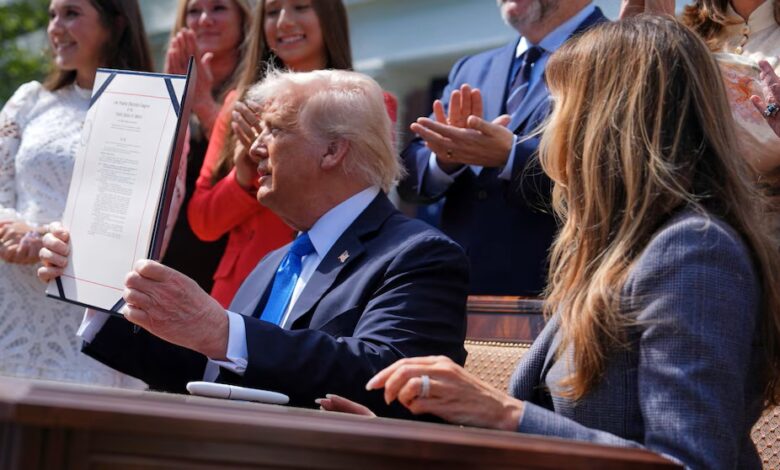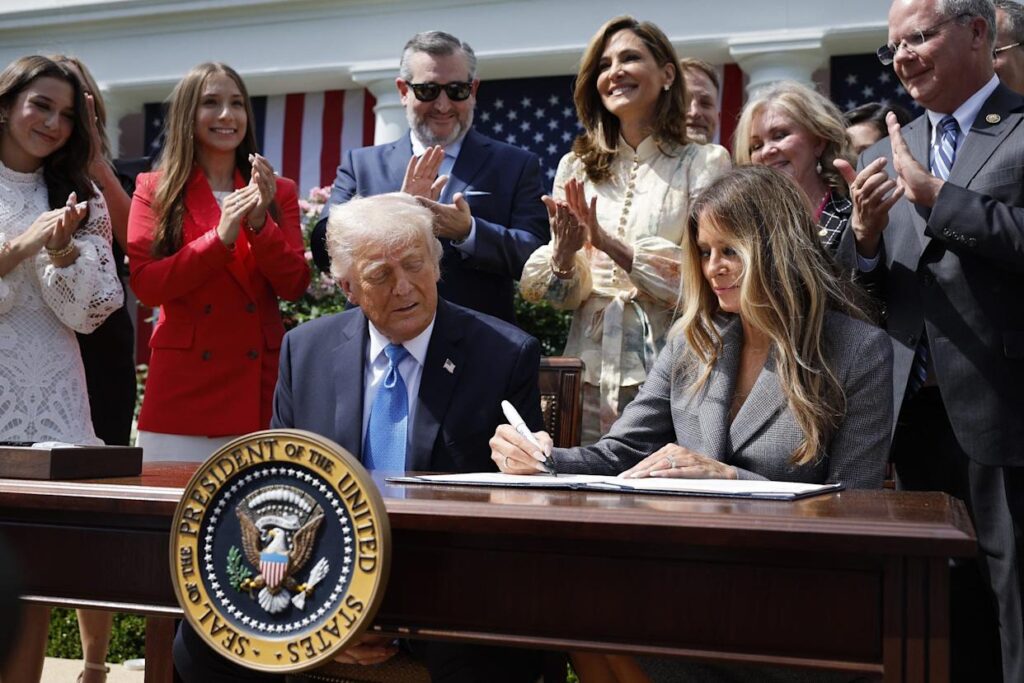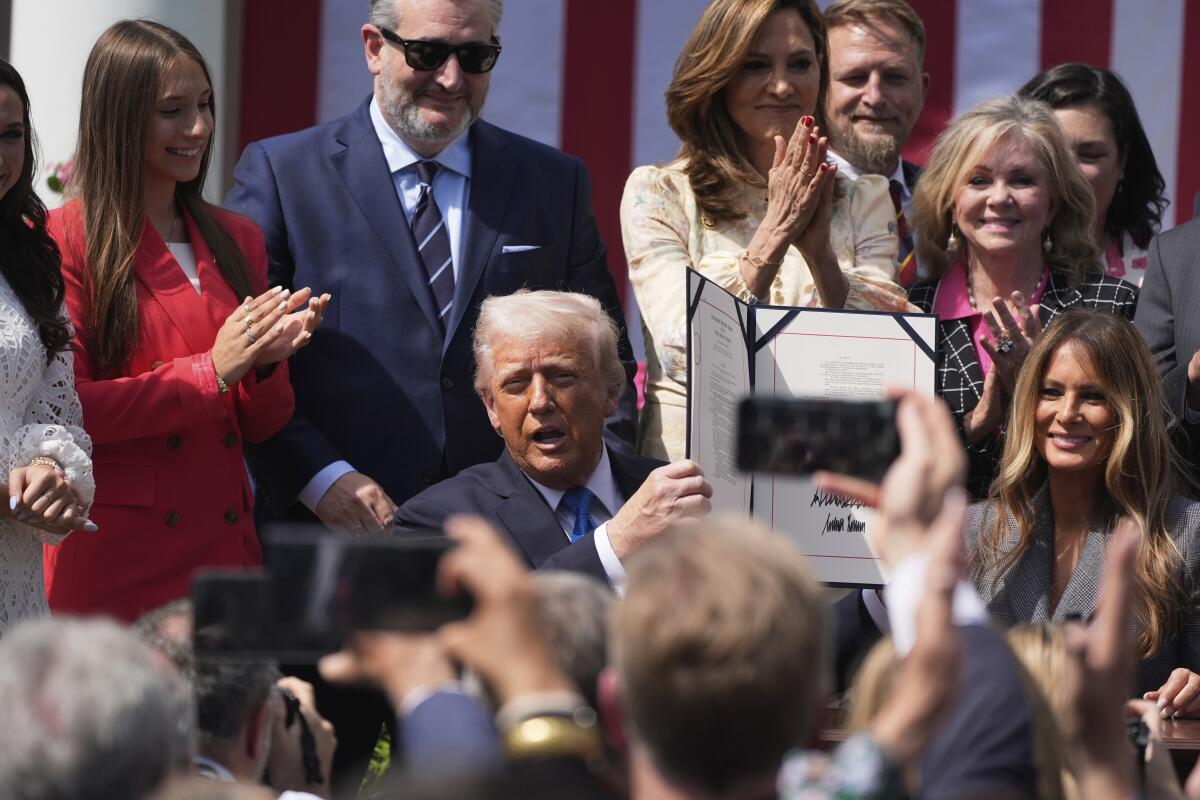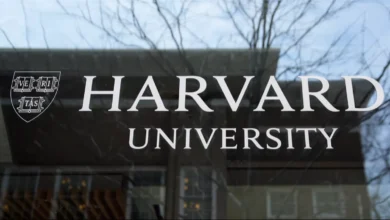President Trump signs bill criminalising deepfake revenge porn

U.S. President Donald Trump has signed the “Take It Down Act” into law, a groundbreaking piece of legislation that criminalizes the non-consensual sharing of intimate images, including those created with artificial intelligence. The bill, which received broad bipartisan backing in Congress, represents a major step in combating the rising threat of digital sexual abuse, particularly through deepfake technology.

During a signing ceremony in the White House Rose Garden, Trump declared that the new law makes it a federal offense to deliberately distribute explicit images without the subject’s consent. Offenders could face up to three years in prison. He also highlighted the law’s requirement for online platforms to remove such content within 48 hours of being notified, or risk facing civil penalties.
ALSO READ: UEL Final: Man Utd, Tottenham aim for glory, UCL qualification
“With the rise of AI-generated imagery, countless women have been targeted and harassed through deepfakes and other explicit content shared without their consent,” President Trump said. “Today, we are making that completely illegal.”
The signing ceremony was also attended by First Lady Melania Trump, who made a rare public appearance in Washington. A vocal advocate of the legislation, she praised the new law as a “national victory” in the fight to protect families and children from online abuse. “This law represents a major step forward in safeguarding Americans, especially young people, from having their images or identities exploited,” she said.
The Take It Down Act responds to the growing use of AI tools to produce hyper-realistic yet fake pornographic images, a trend that has disproportionately targeted women. While several states, including California and Florida, have enacted similar laws, this marks the first time such protections have been implemented at the federal level.

Nonetheless, the legislation has faced criticism from digital rights advocates. The Electronic Frontier Foundation cautioned that the law could grant authorities overly broad powers to restrict online content, raising concerns about potential misuse and unintended censorship.
Despite these objections, the law has been widely welcomed by experts and victim support groups. Renee Cummings, an AI and data ethicist at the University of Virginia, called it “a major advancement” in addressing the exploitation risks posed by emerging technologies.
Its effectiveness will depend on swift and sure enforcement, severe punishment for perpetrators, and real-time adaptability to emerging digital threats, she said.
Incidents of deepfake abuse have been on the rise across the United States, with schools reporting cases where teenagers have been targeted by their peers. Victims have experienced harassment, bullying, and even extortion, prompting experts to raise alarms about the potential for severe mental health impacts.
Dorota Mani, whose child was among those affected, welcomed the new law, calling it a source of empowerment for victims and their families. “It’s a very important first step,” she said. “Now I have a legal weapon in my hand, which nobody can say no to.”
The enactment of the “Take It Down Act” represents a pivotal shift in U.S. digital policy, establishing a new legal benchmark for confronting technology-driven abuse on a national scale.
READ MORE: DIASPORA LENS




